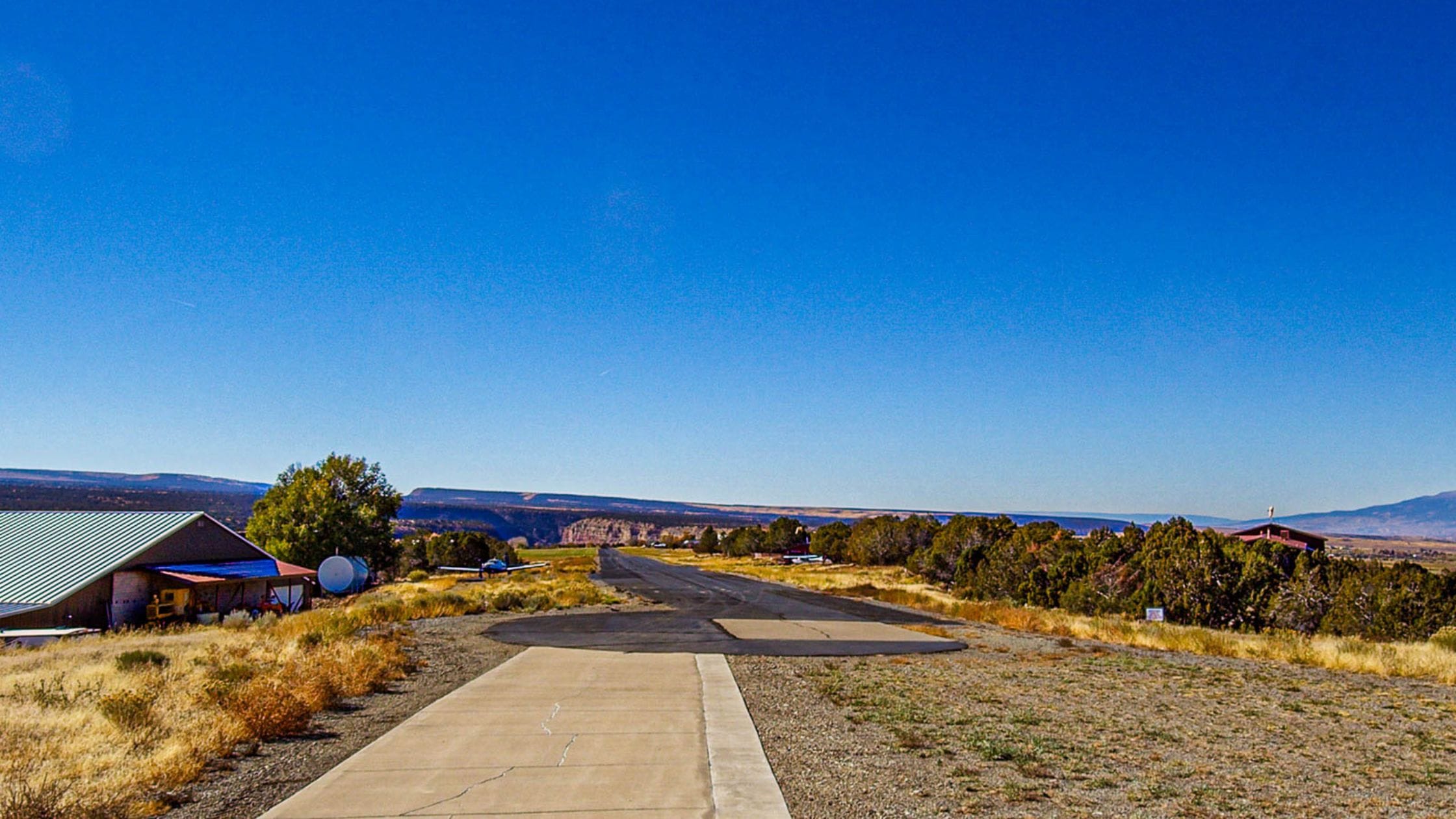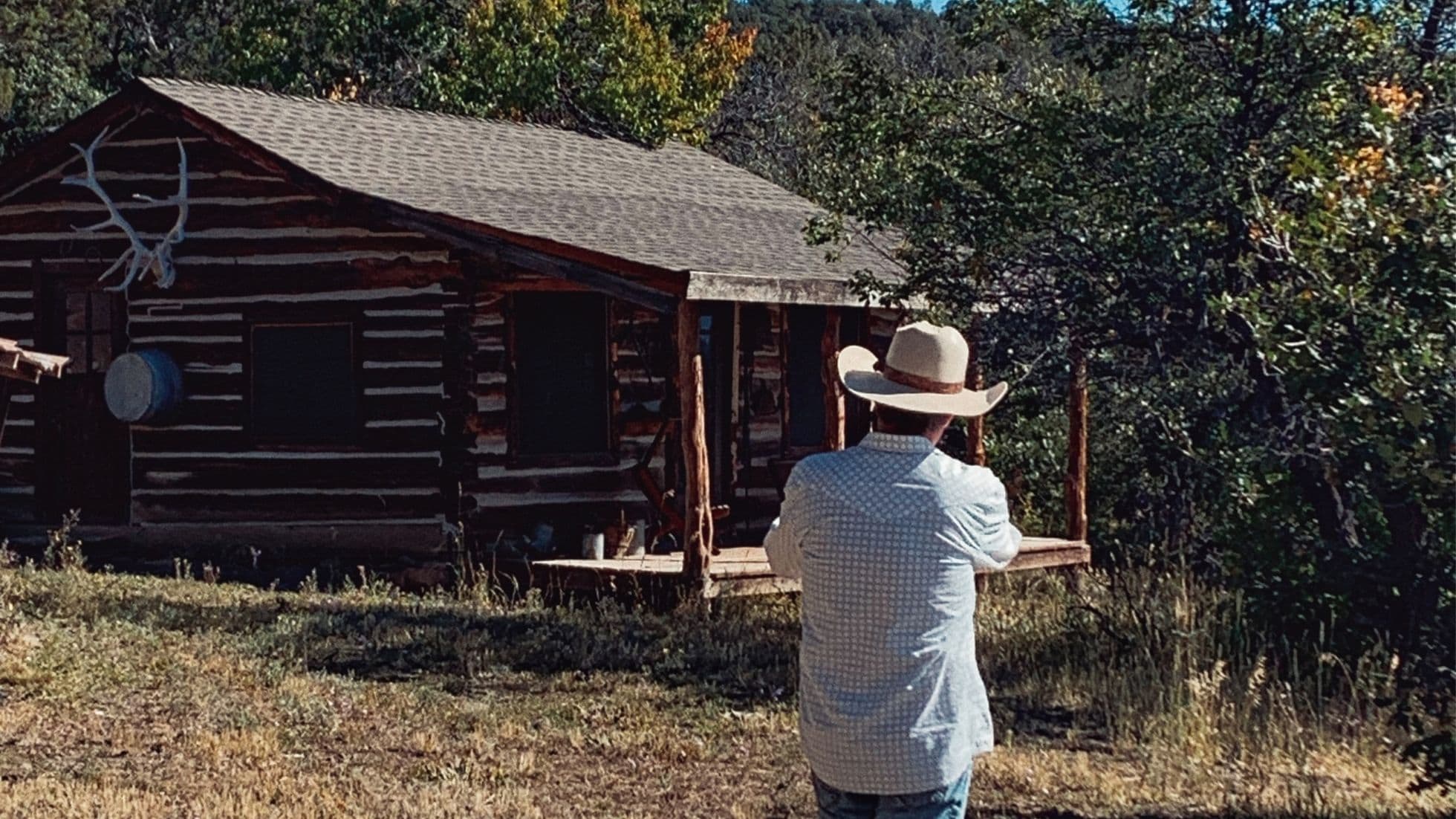Recording a real estate deed is an essential part of transferring ownership from one party to another. A deed includes a description of the property, the names and addresses of the grantor and grantee, and the seller’s signature.
A deed is not to be confused with a title. A deed is an official written document declaring a party’s legal interest in a property, whereas the title is the concept of those ownership rights.
There are four main types of deeds in Colorado. Which one you need depends on your specific situation – whether you will take a mortgage loan, whether you’re taking ownership interest alone or with another person, and your relationship with the seller.
General Warranty Deed
A general warranty deed offers the highest protection for buyers because it ensures that the grantor (seller) has full rights to transfer the property. This type of deed implies that there are no liens or easements on the property. If there are encumbrances, it provides the grantee with compensation provisions for compensation for the A general warranty deed is the only type of deed that guarantees there are no prior claims against the property.
Special Warranty Deed
Like a general warranty deed, a special warranty deed provides protections for the grantee but only guarantees there were no problems with the title during the grantor’s ownership. It doesn’t make any promises about liens or easements that may have been in place during previous ownership periods. Banks often use a special warranty deed when they are conveying a foreclosed property.
Bargain and Sale Deed
A bargain and sale deed guarantees that the grantor holds title to the property, but it does not protect the grantee against any other encumbrances. With a bargain and sale deed, the grantor does not have to disclose if anyone else has a stake in the property. The grantee inherits all liens and easements that exist with the property.
Quitclaim Deed
A quitclaim deed is the most basic deed and offers the grantee the least amount of protection. It makes no promises about the condition of the title and provides no legal protection if the grantee discovers a default in the title later on during the ownership period.
Other Types of Deeds in Colorado
Fiduciary and Official Deeds (Personal Representative, Conservator, Trustee, Sheriff, Public Trustee, Treasurer, etc.)
When an owner can’t sign a deed for legal or other reasons, a fiduciary or appointed official can sign in their place. A fiduciary deed works with bargain and sale deeds, general warranty deeds, and special warranty deeds.
Grant Deed
A grant deed makes two guarantees: that the property has not been sold to someone else and no liens or encumbrances exist against the property. In Colorado, a general or special warranty deed is used instead of a grant deed, because they offer more protection to the grantor. However, if a non-Colorado attorney or realtor is using a grant deed, it will usually be honored in Colorado. A grant deed must contain the phrase “sell and convey” for general warranty, special warranty, and bargain and sale deeds, or “sell and quitclaim” for quitclaim deeds.
Beneficiary Deed
A grantor can use a beneficiary deed to convey interest in a property to a grantee upon the owner’s death. During the owner’s lifetime and without the grantor’s signature, the grantee has no rights to the property. A beneficiary deed must contain the phrases “conveys on death” or “transfers on death.”
Why Deeds Matter to You
As long as you have a great listing agent, you don’t need to know the ins and outs of deeds in Colorado. However, knowing that a general warranty deed is preferable, you should be prepared to disclose any property issues, liens, encumbrances, and easements against the property.
Understanding your local laws about what you must disclose makes the transfer of ownership much easier. Some categories for mandatory disclosure include violent crime, neighborhood nuisances, property damage risks, or past major structural repairs.
There’s a lot to learn about selling your property. While your real estate agent is a great resource to educate you about the processes and procedures, it’s always a nice bonus when clients have the background knowledge to get everything moving along more smoothly.


